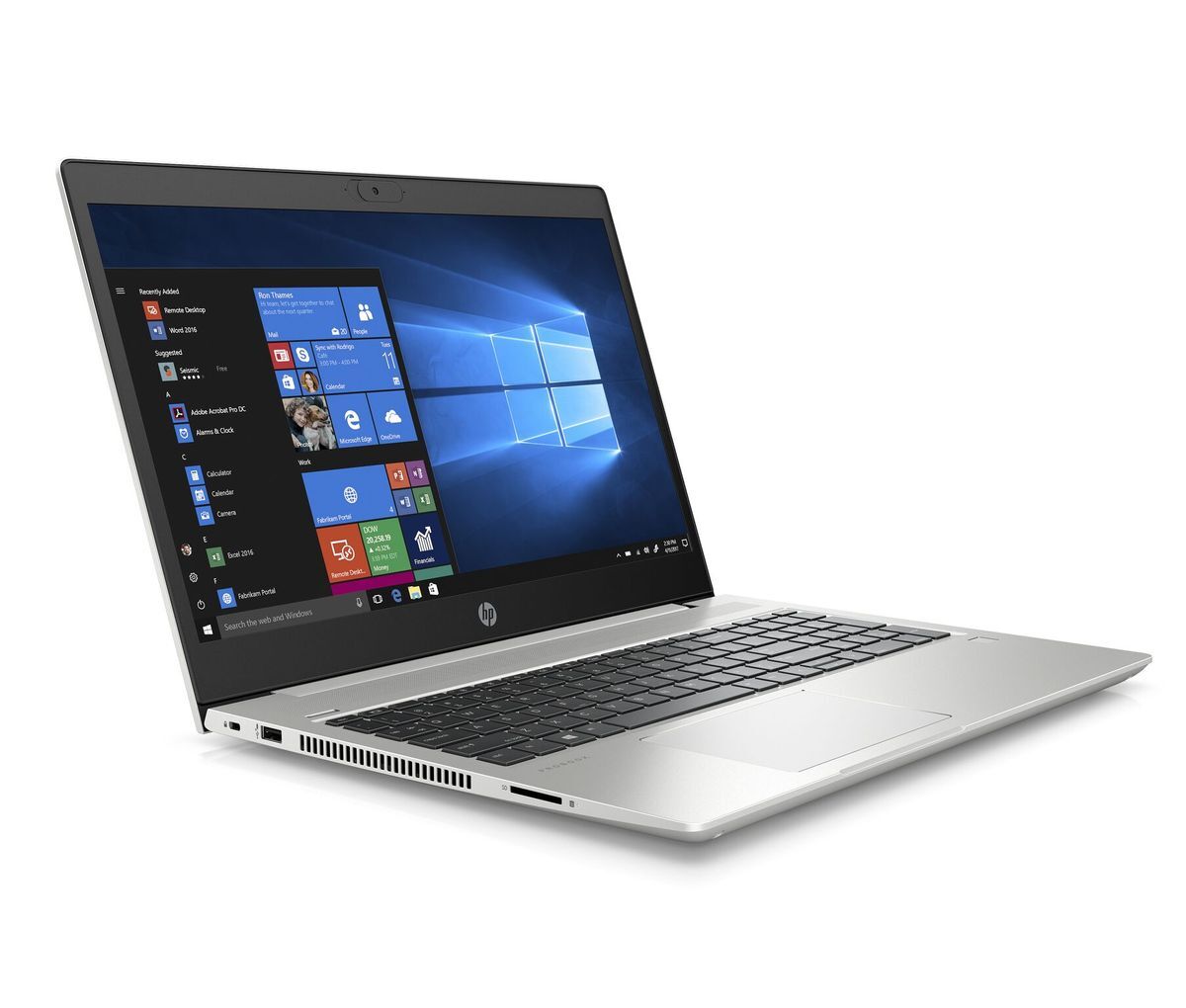On May 26, a user on HP’s support forums reported that a forced, automatic BIOS update had bricked their HP ProBook 455 G7 into an unusable state. Subsequently, other users have joined the thread to sound off about experiencing the same issue.
This common knowledge regarding BIOS software would, then, seem to make automatic, forced BIOS updates a real issue, even if it weren’t breaking anything. Allowing the user to manually install and prepare their systems for a BIOS update is key to preventing issues like this.
At the time of writing, HP has made no official comment on the matter — and since this battery update was forced on laptops originally released in 2020, this issue has also bricked hardware outside of the warranty window, when previously users could simply send in the laptop for a free repair.
Overall, this isn’t a very good look for HP, particularly its BIOS update practices. The fragility of BIOS software should have tipped off the powers at be at HP about the lack of foresight in this release model, and now we’re seeing it in full force with forced, bugged BIOS updates that kill laptops.



If a bad update is rolled out then it’s the responsibility of the software maker partner (HP) and the distributor (Microsoft), not just one or the other.
Both Microsoft and HP have branding on their laptops and a responsibility post-sale for the reliability of their systems. Hardware, firmware and OS responsibilities are all party to this chain of failure.